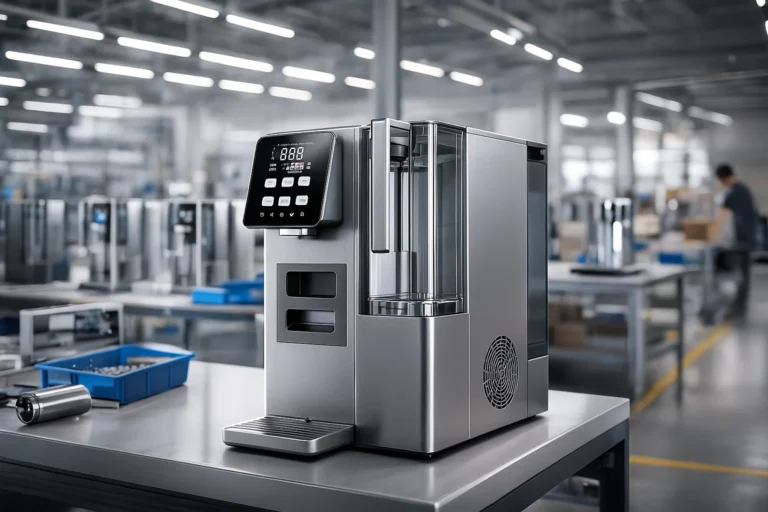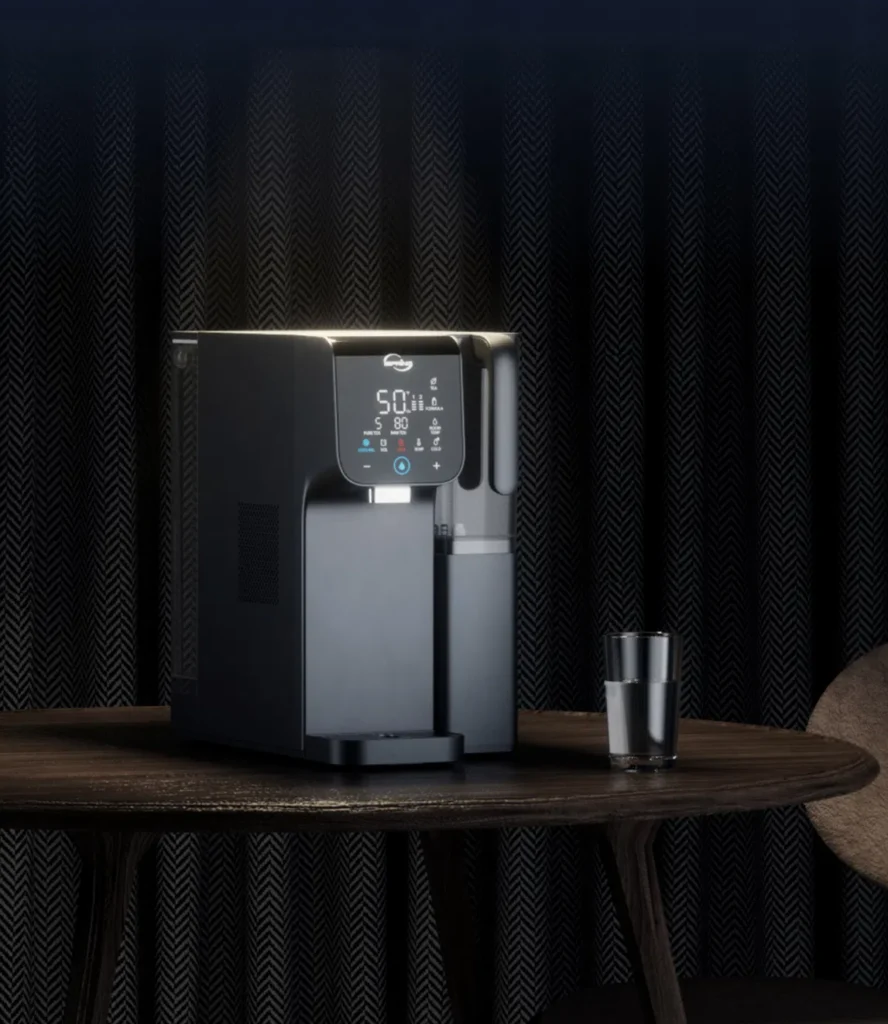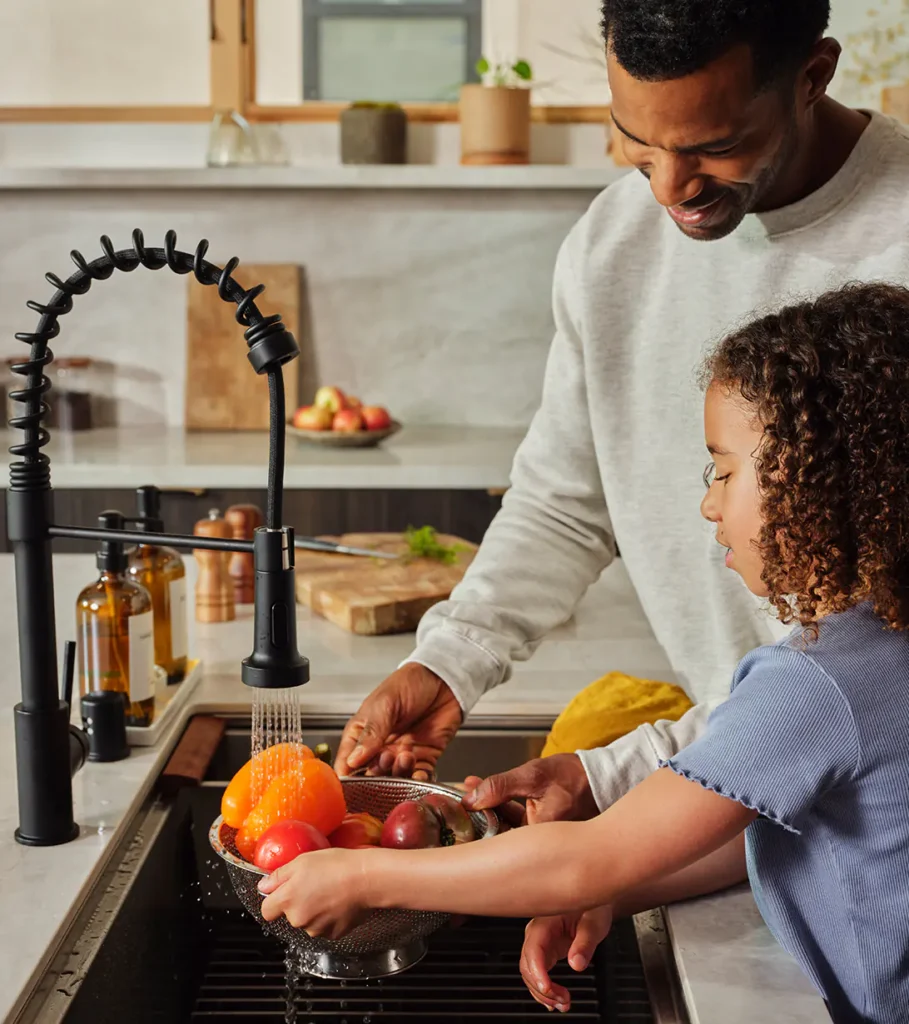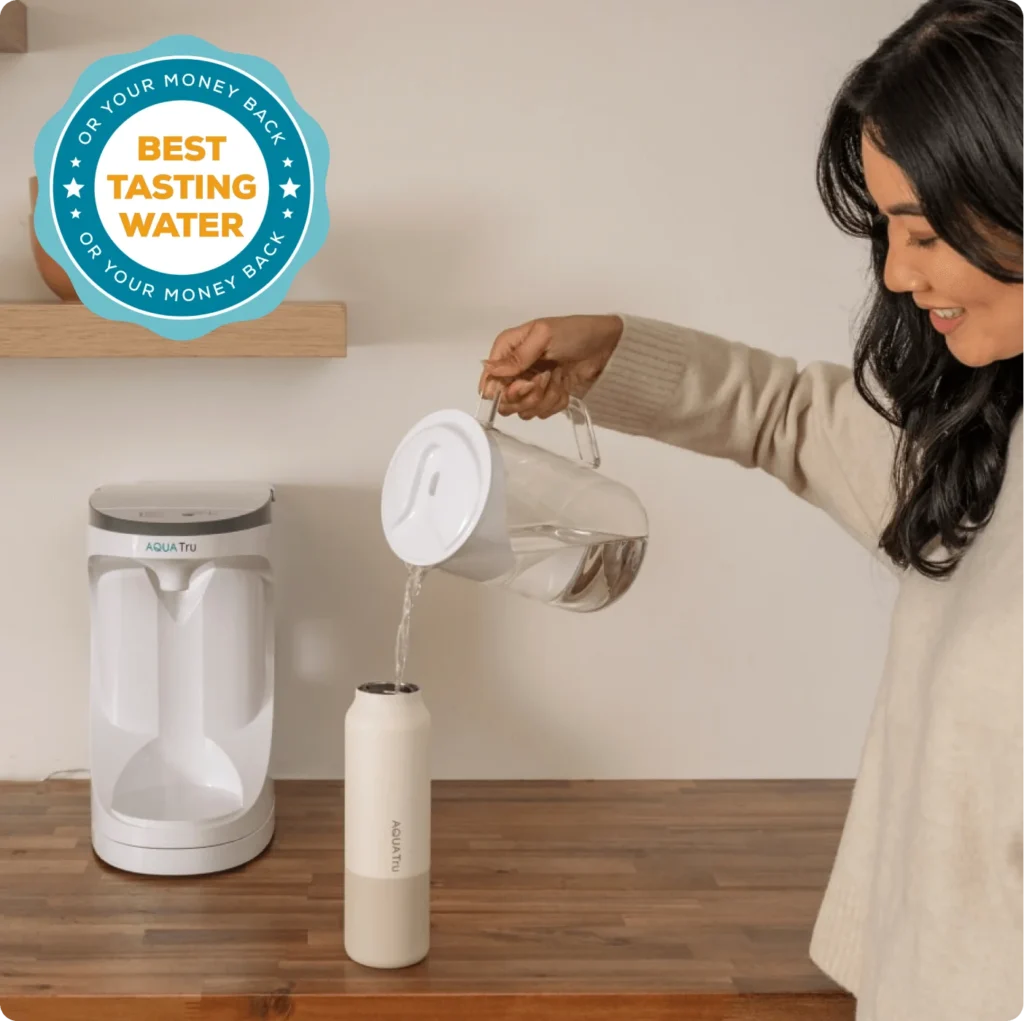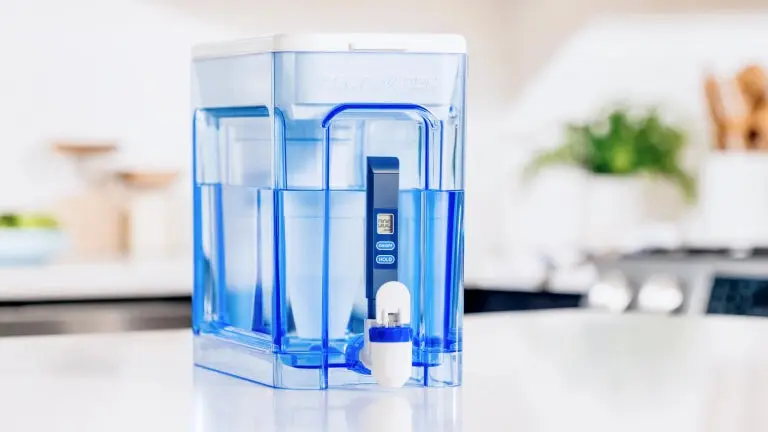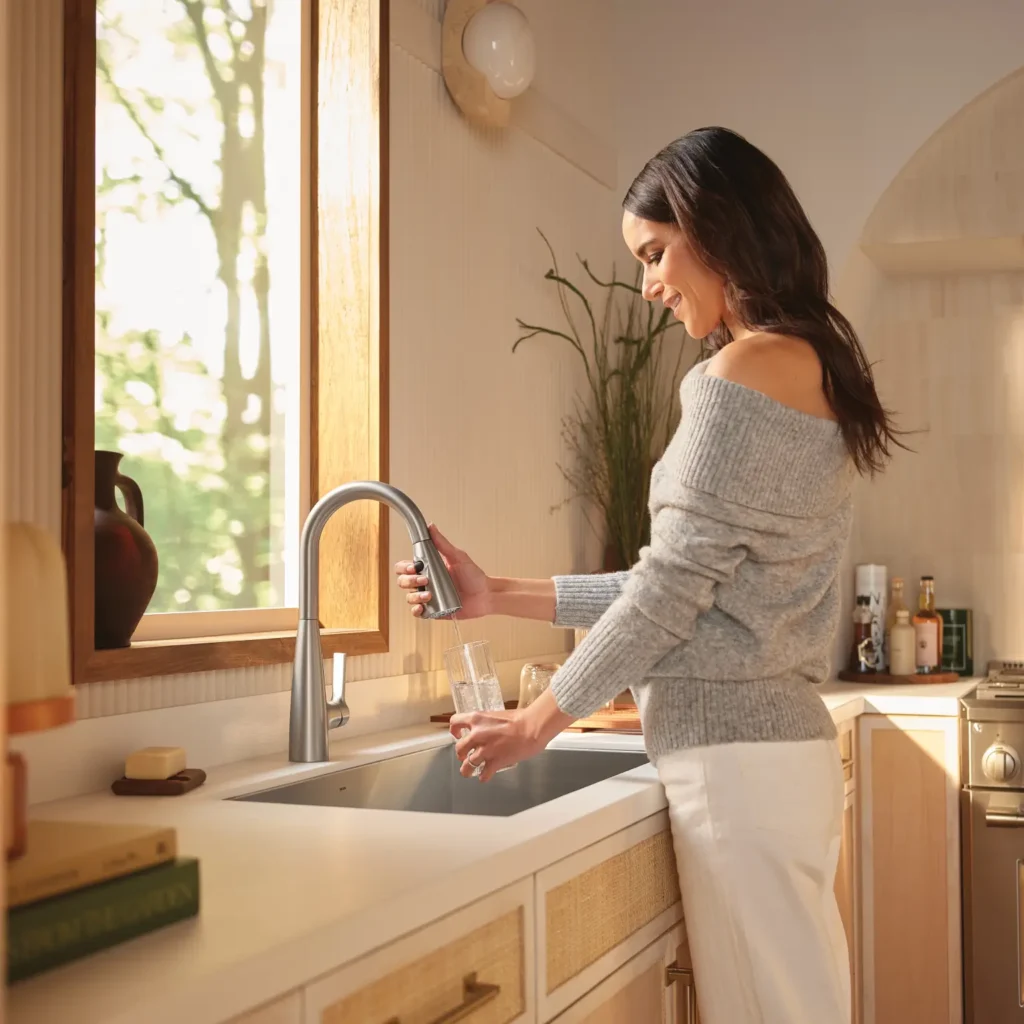Clean, safe water isn’t a perk it’s a necessity. In an era of heightened health awareness, the demand for purified water is critical. Whether you're a business needing robust systems or a homeowner seeking reliable solutions, choosing the right water purification partner is paramount. This guide helps you navigate the market, emphasizing that before investing, you should analyze your water report, match needs to technology, and compare total cost of ownership (TCO) over 3–5 years.
Who this guide is for:
This guide is for B2B teams evaluating scalable, compliant systems and D2C buyers seeking reliable, low-maintenance solutions.
How we chose:
These five brands were selected for their U.S. presence, portfolio depth, service/dealer networks, and reputation across commercial and residential markets. This is not a ranked list; each offers unique strengths.
A. O. Smith — Innovation with Broad Coverage
Image Source: A. O. Smith
Best for: Households and businesses seeking proven RO and whole-home filtration from a brand with a large national footprint and a century of engineering excellence. Ideal for those prioritizing reliability, advanced technology, and extensive market presence.
B2B highlights: A. O. Smith offers robust commercial solutions for hospitality, foodservice, and healthcare, focusing on uptime and serviceability. Their systems are designed for durability and easy maintenance, minimizing downtime. They provide customizable configurations and strong technical documentation/support, ensuring businesses meet water quality standards and protect equipment.
Home highlights: For residential users, A. O. Smith provides under-sink RO systems for pristine drinking water and whole-house filters to protect plumbing and appliances from chlorine, sediment, and lead. Products are known for straightforward installation e low ongoing maintenance, making them a trusted choice for dependable home purification.
Culligan — “Local Water Experts” + Full-Service Model
Image Source: Culligan
Best for: Buyers who value personalized, on-site water testing, tailored system design, and a comprehensive, dealer-led service relationship. Ideal for those preferring a hands-on approach to water treatment.
B2B highlights: Culligan provides extensive industrial and commercial softening and filtration with a consultative design process e scheduled maintenance programs. Their vast network of local dealerships ensures fast response times and predictable service level agreements (SLAs), crucial for businesses where water quality impacts operations.
Home highlights: For residential customers, Culligan is known for effective water softeners e Reverse Osmosis (RO) drinking water systems. Their in-home water testing provides personalized recommendations, building confidence and trust. This comprehensive service, from testing to ongoing support, makes them a preferred choice for homeowners.
Pentair — Engineering Depth and Sustainability
Image Source: Pentair
Best for: Operations needing highly engineered, scalable water treatment systems (especially food & beverage) and homeowners wanting reliable, well-designed filtration. Ideal for those prioritizing efficiency, sustainability, and advanced engineering.
B2B highlights: Pentair offers a wide portfolio for commercial and industrial applications, including the Everpure brand, well-known in foodservice for consistent, high-quality water. Their solutions emphasize efficiency, waste reduction, and regulatory compliance, helping businesses optimize operations and meet stringent standards.
Home highlights: For residential consumers, Pentair provides whole-house filtration systems, water softenerse point-of-use options. These are designed to improve water quality, protect appliances, and enhance taste, with a focus on user-friendly designs and sustainable solutions that appeal to environmentally conscious homeowners.
Brita — Everyday, Accessible Filtration
Image Source: Brita
Best for: Individuals and households seeking entry-level, affordable improvements to water taste and basic contaminant reduction at the point of use. An excellent choice for simple, convenient, and immediate solutions.
B2B highlights: While primarily D2C, Brita products can suit small offices, breakrooms, or cafes needing simple pitcher or faucet solutions without complex plumbing. They offer a cost-effective way to provide better-tasting water. However, they are generally not suitable for high-volume commercial or industrial applications.
Home highlights: Brita excels in the direct-to-consumer market with iconic pitchers, dispensers, and faucet-mount units known for ease of use and maintenance. They effectively reduce chlorine and other common impurities, making tap water more palatable. Ideal for renters or those not ready for whole-home systems, offering an accessible first step into water filtration.
Nota: Brita focuses on convenience and taste improvement; for high-capacity or whole-home purification, consider the other manufacturers here.
Kinetico — Non-Electric Reliability and Performance

Image Source: Kinetico
Best for: Commercial and residential sites prioritizing continuous operation, exceptionally low maintenance, and superior efficiency without relying on electricity. Ideal for those seeking a highly durable, set-and-forget water treatment solution with long-term cost savings.
B2B highlights: KineticoPRO offers specialized commercial and industrial solutions using non-electric control heads, powered by water pressure. This innovative design reduces potential failure points, making them highly reliable for hospitality, healthcare, and manufacturing. Their non-electric operation translates to attractive Total Cost of Ownership (TCO), especially where service access is limited or downtime is costly. Businesses benefit from reduced energy consumption and lower maintenance.
Home highlights: For residential customers, Kinetico’s non-electric water softeners and advanced RO systems are prized for their durability and set-and-forget operation. Homeowners appreciate the continuous soft water supply without electrical components. While often a higher upfront cost, long-term savings on salt, water, and energy, coupled with superior performance, make Kinetico a compelling premium, eco-friendly choice.
Quick Comparison (At a Glance)
To provide a concise overview of these leading manufacturers and their primary strengths, the following table summarizes key aspects relevant to both B2B and D2C decision-makers:
| Marca | Residential Focus | Commercial/Industrial Focus | Dealer/Service Network | Notable Angle |
|---|---|---|---|---|
| A. O. Smith | ✅ Proven RO and whole-home filtration | ✅ Robust solutions for hospitality, foodservice, healthcare | ✅ Extensive national footprint | Broad RO + whole-home coverage, backed by a century of innovation |
| Culligan | ✅ Popular softeners, RO drinking systems | ✅ Industrial softening/filtration, consultative design | ✅ Strong local dealer network | Personalized on-site testing, tailored systems, and service-first model |
| Pentair | ✅ Whole-house filtration, softeners, POU | ✅ Wide portfolio for F&B, healthcare; Everpure brand | ✅ Global presence | Engineered solutions, emphasis on efficiency, sustainability, and compliance |
| Brita | ✅ Accessible pitchers, dispensers, faucet-mount | △ Limited to breakrooms, small offices (light duty) | Wide retail availability | Everyday, accessible, and affordable point-of-use filtration |
| Kinetico | ✅ Non-electric softeners, RO systems | ✅ KineticoPRO for hospitality, healthcare, manufacturing | ✅ Dealer-based | Non-electric operation, continuous performance, and low maintenance |
POU = point-of-use; △ = limited/niche scenarios, typically not for high-volume or complex commercial needs.
How to Choose: Tailoring Your Water Purification Solution (B2B vs. D2C)
Selecting the optimal water purification system is a strategic decision that varies significantly between business-to-business (B2B) enterprises and direct-to-consumer (D2C) households. While the fundamental goal remains clean, safe water, the scale, complexity, regulatory requirements, and long-term implications demand distinct considerations.
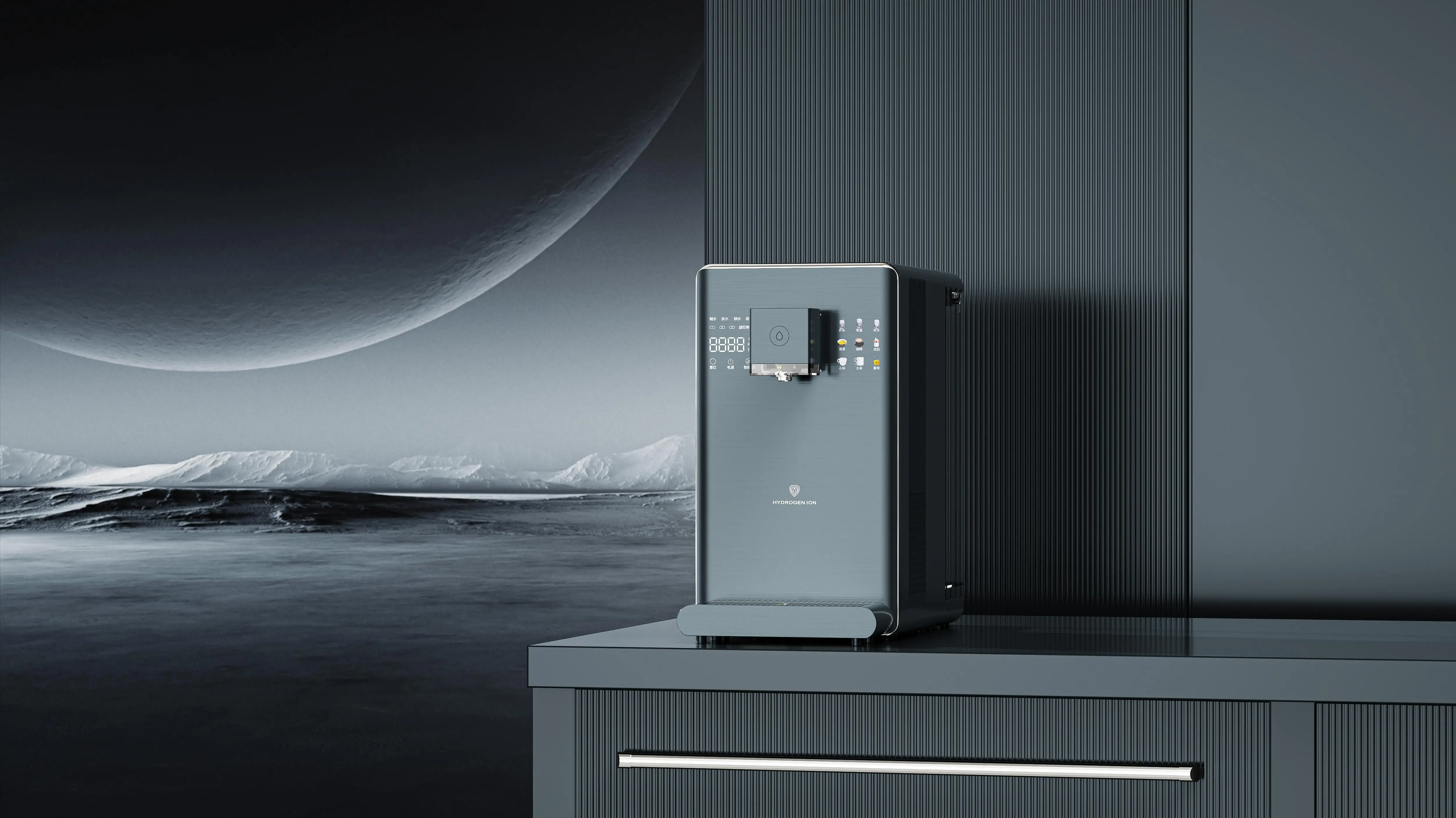
For Businesses (B2B Enterprises):
When a business invests in water purification, it's not just about clean water; it's about operational efficiency, regulatory compliance, cost management, and employee/customer well-being. Here are critical factors for B2B teams:
-
Capacity & Scalability: Businesses must accurately assess their current and future water demands. This involves sizing systems for peak demand and planning for modular growth. Can the system handle the required gallons per day (GPD) or gallons per minute (GPM)? Is it designed to be easily expanded as the business grows, or will it require a complete overhaul? Manufacturers offering modular designs or a range of capacities are crucial for long-term planning.
-
Compliance & Regulations: Adherence to industry-specific regulations is non-negotiable. This includes local health codes, FDA standards for food and beverage production, healthcare facility guidelines, and environmental discharge limits. Businesses need partners who understand these complex requirements and can provide systems with the necessary certifications and documentation. A manufacturer with a proven track record of helping clients meet stringent regulatory demands is invaluable.
-
Uptime & Service: For businesses, downtime due to water system failure can lead to significant financial losses, production halts, or compromised services. Therefore, inquiring about spare parts availability, lead times for repairs, and comprehensive preventive maintenance programs is essential. A robust service network and responsive technical support ensure maximum uptime and minimize operational disruptions. Consider manufacturers with strong local dealer networks or dedicated commercial service teams.
-
Total Cost of Ownership (TCO) Modeling: The initial capital expenditure (CapEx) is only one piece of the puzzle. Businesses must conduct a thorough TCO analysis over a 3–5 year period, or even longer. This includes:
- CapEx: Initial purchase and installation costs.
- Filters/Consumables: Ongoing costs for filter replacements, salt for softeners, and other necessary consumables.
- Water/Energy Usage: The efficiency of the system in terms of water waste (e.g., RO systems have a reject water component) and energy consumption.
- Labor: Costs associated with system monitoring, maintenance, and filter changes.
- Downtime Costs: Potential losses incurred if the system fails or requires extensive maintenance.
Manufacturers offering energy-efficient, low-waste, and low-maintenance systems (like Kinetico's non-electric units) can significantly reduce TCO.
-
Integration: Commercial water purification systems often need to integrate seamlessly with existing plumbing, production lines, or facility management systems. Consider the need for pretreatment (e.g., for very hard or sediment-laden water), monitoring capabilities (e.g., real-time water quality sensors), and by-pass/redundancy options to ensure continuous operation even during maintenance or unexpected issues. Manufacturers who can provide customized solutions and integration support are highly beneficial.
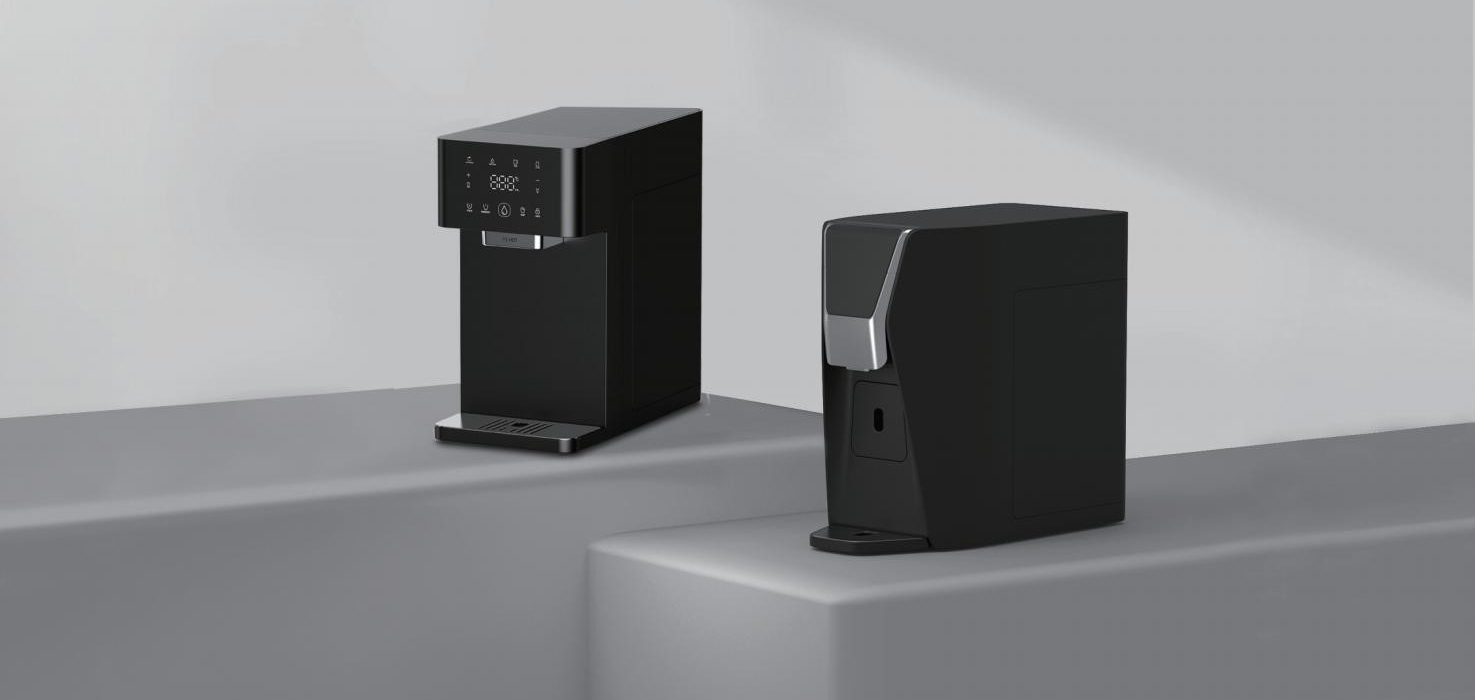
For Households (D2C Consumers):
For individual consumers, the decision often balances effectiveness, convenience, space, and budget. While less complex than B2B, a thoughtful approach ensures satisfaction and long-term benefits:
-
Start with Water Data: Before purchasing any system, the most crucial first step is to understand your home's water quality. Obtain your local Consumer Confidence Report (CCR) from your water utility, which details contaminants found in your municipal water. For private well owners, or if you suspect specific issues, invest in a certified lab test to identify precise contaminants (e.g., lead, nitrates, bacteria, specific chemicals). This data is the foundation for choosing the right technology.
-
Match Technology to Problems: Once you know your water data, you can select the appropriate purification technology:
- Carbon Filters: Excellent for improving taste and odor, primarily by removing chlorine and chloramines. Often found in pitchers, faucet filters, and whole-house systems.
- Reverse Osmosis (RO): Highly effective for removing a broad spectrum of dissolved solids, including many metals (lead, arsenic), nitrates, fluoride, and some emerging contaminants (e.g., PFAS). Ideal for drinking water.
- Water Softening: Specifically designed to address hardness (calcium and magnesium ions) that causes scale buildup on fixtures and appliances, and reduces soap efficiency.
- UV (Ultraviolet) / UF (Ultrafiltration): UV systems use UV light to inactivate bacteria and viruses, while UF membranes physically remove suspended solids, bacteria, and some viruses. These are often used as supplemental support for microbial concerns or turbidity.
-
Own the Upkeep: Water purification systems require ongoing maintenance. Understand the filter life (e.g., how many gallons or months) and the replacement cost of filters or other consumables. Inquire about warranty terms and what they cover. A system that is easy to maintain and has readily available, affordable replacement parts will be more sustainable in the long run.
-
Fit & Form: Consider the physical space available and your aesthetic preferences. Options include:
- Under-sink systems: Provide purified water at a specific tap, saving counter space.
- Countertop filters: Easy to install and move, but occupy counter space.
- Whole-home systems: Treat all water entering the house, protecting plumbing and appliances, but require a dedicated space, usually in the basement or utility room.
Choose a solution that seamlessly integrates into your home and lifestyle.
Where OEM/ODM Partners Fit
Behind many well-known brands in water purification are specialized Original Equipment Manufacturers (OEMs) e Original Design Manufacturers (ODMs). These partners handle product design, certification, and large-scale manufacturing. While HisoAir is primarily a leader in purificação do ar, its business model exemplifies the critical role OEM/ODM partners play. HisoAir’s focus on quality systems, supply-chain rigor, and customized builds shows how these experts help brands accelerate launches and maintain consistency without massive capital expenditure.
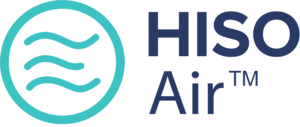
Fonte da imagem: HisoAir
For businesses expanding into water purification or extending product lines, an experienced OEM/ODM can significantly reduce time-to-market e lower initial capital expenditure (CapEx). It’s crucial to ensure any partner has specific expertise in water-specific compliance and testing. A strong OEM/ODM provides access to cutting-edge technologies, efficient production, and global certifications, allowing brands to focus on marketing and customer relationships.
Conclusion: Your Partner in Purity
Whether you’re equipping a large industrial plant room or simply upgrading your home pantry, the fundamental principle remains the same: choosing the right water purification partner means balancing fit-for-purpose technology, verified performance, and dependable service.

